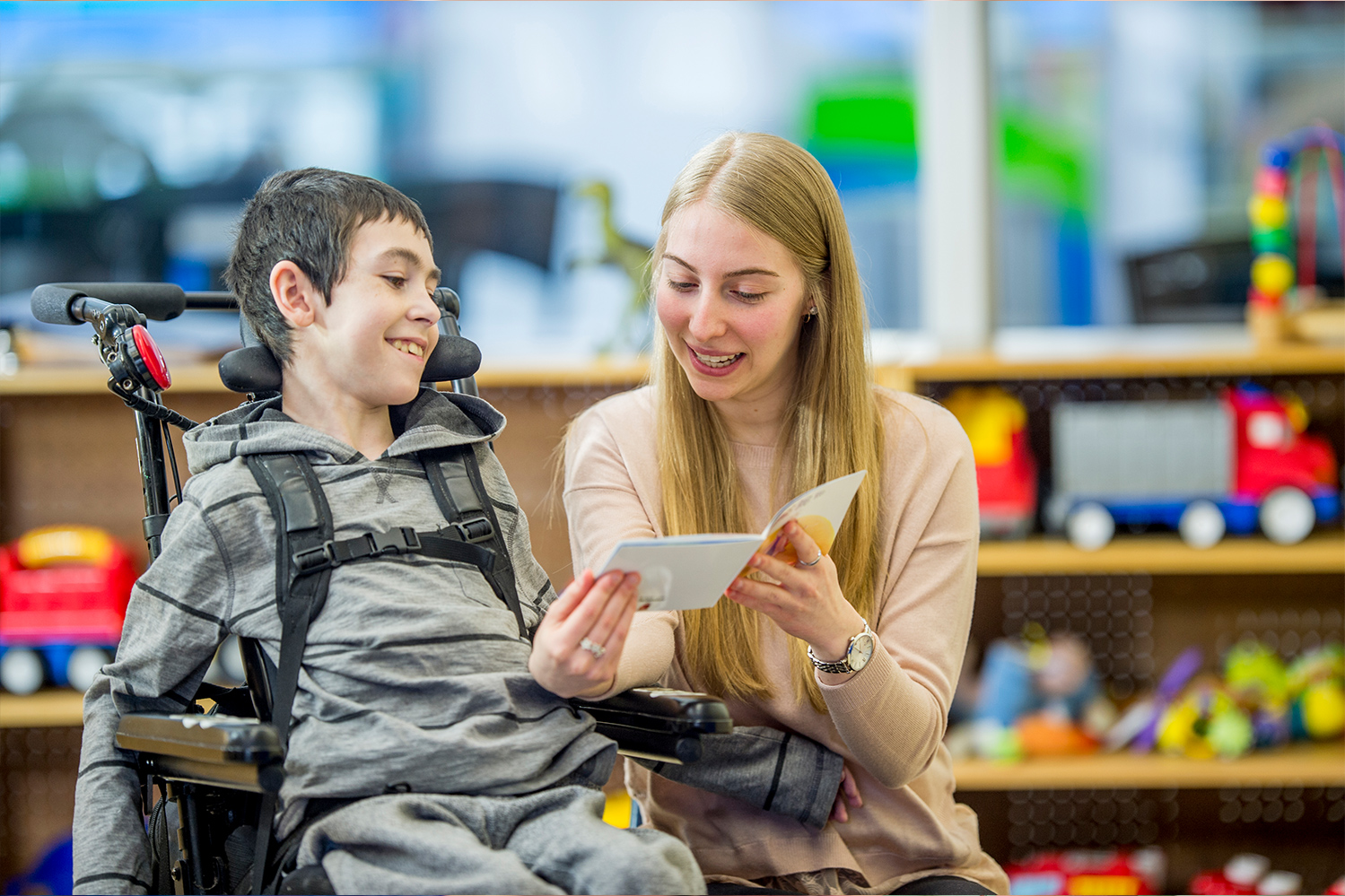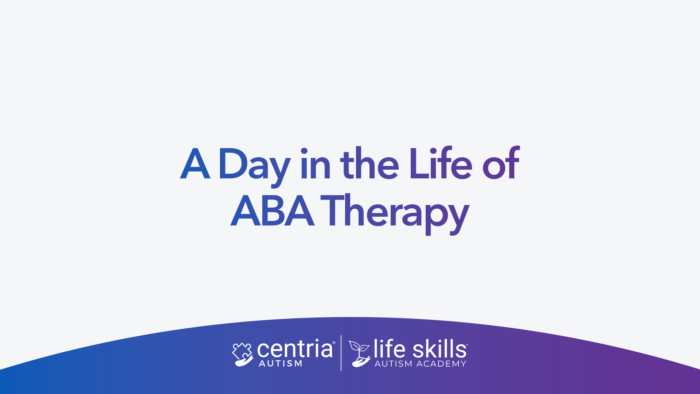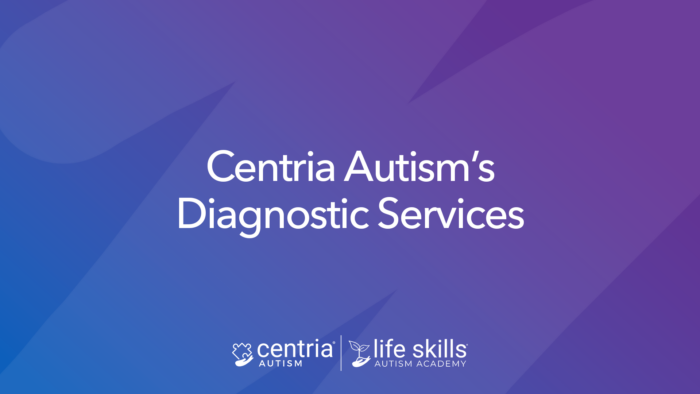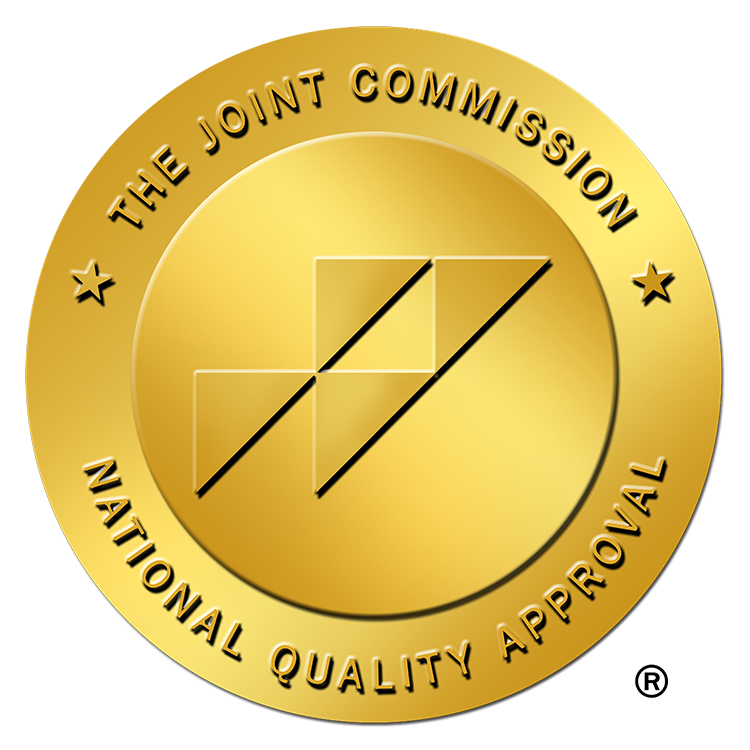Early intervention is one of the most crucial and transformative steps a family can take for a young child experiencing developmental delays or who has been diagnosed with a condition like autism spectrum disorder (ASD). Simply put, early intervention refers to the services and supports provided to infants and toddlers to address specific needs and help them reach their full potential.
What Makes Early Intervention So Important?
The first few years of life are a period of incredible brain development. A young child’s brain is highly plastic, meaning it can adapt and change more easily than at any other time. This window of opportunity is key:
- Brain Development: Addressing developmental delays early on leverages this plasticity, making it easier for children to acquire skills and make significant progress.
- Long-Term Impact: Research consistently shows that children who receive early intervention have better outcomes later in life, often requiring fewer special education services in school and achieving greater independence.
- Family Support: These programs don’t just help the child; they also equip parents and caregivers with the knowledge, resources, and strategies they need to support their child’s development every day.
Early Intervention Applied Behavior Analysis (ABA) Therapy
While early intervention can encompass various supports, for a young child diagnosed with Autism Spectrum Disorder (ASD), the cornerstone of treatment is often Applied Behavior Analysis (ABA) therapy. ABA is a highly structured, scientific approach focused on understanding how learning and behavior work in real-life situations. The primary goal is to teach essential skills and reduce challenging behaviors through positive reinforcement and data-driven methods.
When implemented as an early intervention service, ABA therapy focuses on building foundational abilities, leveraging the child’s brain plasticity for maximum impact:
- Functional Communication: Teaching the child to express wants, needs, and feelings effectively.
- Social and Play Skills: Developing the ability to interact with peers, share, take turns, and engage in meaningful play.
- Adaptive/Daily Living Skills: Working on self-care tasks like dressing, feeding, and toileting, which promotes greater independence.
Effective early intervention ABA programs are always highly individualized and rely on continuous data collection to measure progress, ensuring the program constantly evolves with the child’s needs.
Centria’s Commitment to Early Success
Finding the right program is the first step, and providers like Centria Autism offer a variety of specialized early intervention services designed to meet diverse needs. Their commitment ensures families have access to high-quality, evidence-based care.
Notably, Centria offers programs specifically tailored for children with autism, including the Life Skills Autism Academy. This academy focuses on delivering intensive, high-quality Applied Behavior Analysis (ABA) therapy in a center-based environment exclusively for children five years old and younger. ABA is widely recognized as the most effective, evidence-based treatment for children with autism, and starting it early maximizes its benefits.
If you suspect early intervention ABA therapy may be right for your child, speak to your pediatrician and seek a professional evaluation. Early intervention is an investment in your child’s future—one that pays dividends for a lifetime.






